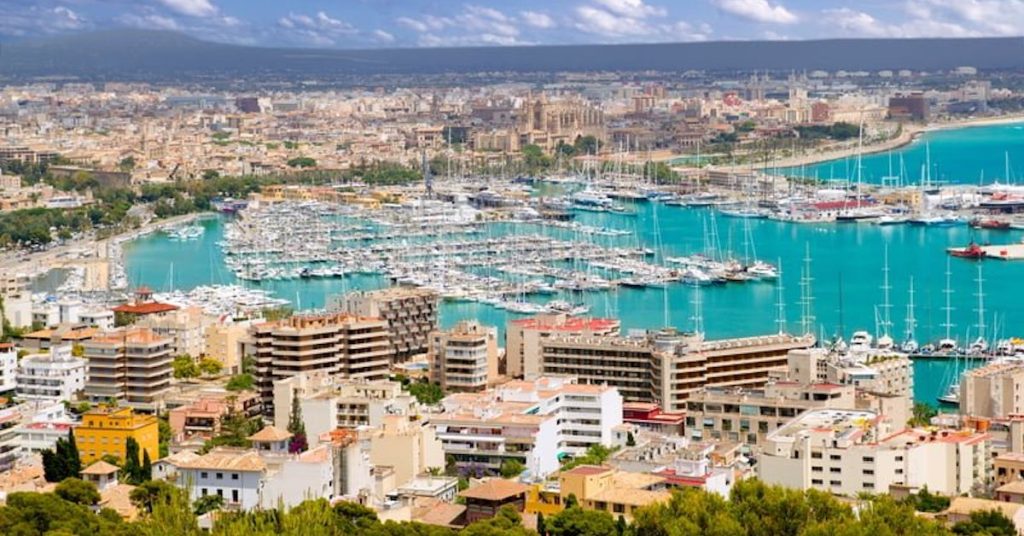Concerns over excessive tourism in Majorca have prompted protesters to organise beach occupations, highlighting growing local agitation.
- Following a massive protest in Palma, there is a push to occupy Majorca’s beaches this weekend to draw attention to overcrowding issues.
- Activists have threatened to disrupt airport operations during peak season if their demands aren’t addressed.
- A recent incident involving a brawl on a beach in Calvia underscores tensions between tourists and locals.
- Efforts by local authorities to introduce measures limiting cruise ship activity and regulating tourist conduct were rejected by the city council.
Concerns about excessive tourism in Majorca are escalating as protesters organised by Mallorca Platja Tour call for residents to occupy beaches over the weekend. This action aims to highlight the growing discontent regarding overcrowding on the island. This movement follows a significant demonstration involving 10,000 participants in Palma, reflecting widespread frustration among locals.
The protest group has been vocal on social media, particularly on platforms like X (formerly known as Twitter), urging local residents to join the demonstration. The group’s message is clear: residents are encouraged to demonstrate the impact of tourism’s pressures by filling the beaches.
In a statement illustrating the severity of the situation, some activists have threatened to blockade the island’s airport during the summer’s peak if their concerns are not addressed. This potential disruption signifies the extent of local unrest and the desperate demand for change in managing tourist influxes.
The heightened tensions were further inflamed by a beach brawl in Calvia, involving British tourists. Reportedly, eight individuals on a stag party were arrested after causing a disturbance, including instances of littering the sea with beer cans and rubbish. Such incidents contribute significantly to the strain between local residents and the tourist community.
In response to these issues, suggestions were proposed by Mayor Jaime Martinez, aimed at curbing the adverse effects of mass tourism. These included limiting the number of cruise ships docking and imposing new taxes on disembarking passengers. However, these measures were overwhelmingly rejected by Palma’s city council, leaving the local government at an impasse.
Mayor Martinez commented, “We will continue fighting for the interests of citizens and for coexistence between residents and tourists. This is a global problem for Spain, and we will decide how to solve this problem.” Similar unrest and demonstrations have been observed in other Spanish locations, like the Canary Islands.
As Majorca grapples with the complex challenges of over-tourism, the call for sustainable solutions remains pressing and unresolved.

